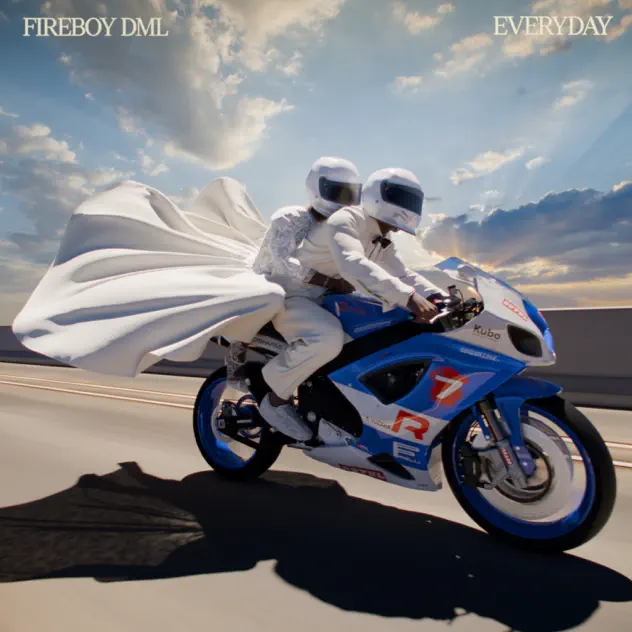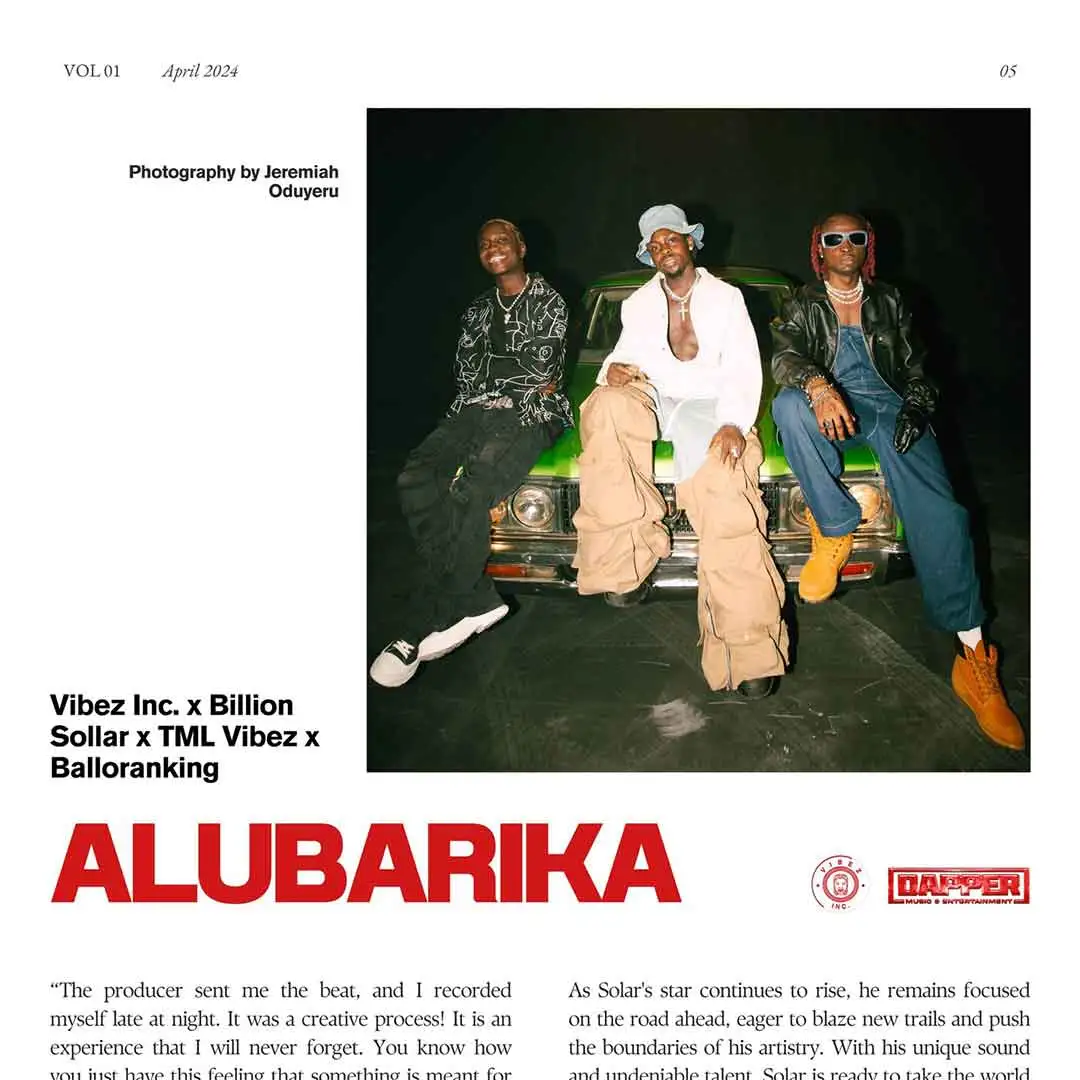Conflicted Destiny - Season 1 Episode 32
.jpg?w=900&ulb=true&ssl=1)
Conflicted Destiny - Season 1 Episode 32
****************
I didn’t know how long I could play this game with Nick and the other drug dealers who were expecting my goods to arrive. Time was passing by fast and I had already made several fake calls to my contacts in Africa to reassure Nick that my guys were coming with the goods and there was just a little delay. It became obvious that I had to make my next move fast, so I convinced Nick that I had to establish or legalize my stay in Spain so I could operate freely when my consignment arrived. We decided that I would go to Madrid and claim political asylum. Typically, when Africans claimed political asylum, it took two to four years for each case to be adjudicated. While the process was in motion, the asylum seeker was given an identification card that allowed him to stay in the country until his case was completed.
About two weeks after my group went back to Africa, Nick helped me buy a one-way ticket to Madrid. The day before my departure, I called my cousin Ike, telling him that I would mail my passport to him and that he should keep it for me. I also told him that it seemed like I would not be returning to Nigeria, since I was not repatriated upon entry and I had been living in Las Palmas for almost three weeks. I asked him to return all the money I had given him to my mother, so she could use it to sustain the family while I struggled to establish myself in Europe. Ike agreed and I mailed my passport to him later that day.
The next day, I packed my few belongings and tried to dress in hip-hop style, with sagging pants and earphones on my head. Apparently, the mainland immigration always observed passengers coming from the Canary Islands and could easily repatriate any illegal migrants. Even though it was a national flight and there were no immigration checks, I tried as much as possible to dress in a manner that wouldn’t raise suspicion.
A few days before my departure, Nick had called a friend of his in Madrid, asking him if I could stay at his place for a few days. As usual, he told the guy that I was a big-time dealer and that my consignment was on the way, and he would be rewarded if he agreed to house me. Nick’s friend had once been one of the big dealers in Madrid. He was pleased to know that I was a dealer and immediately agreed to accommodate me. He gave me his address and phone number, and told Nick that he couldn’t come pick me up at the airport because he was under surveillance.
When I arrived in Madrid that night, I had no problem at the airport. As soon as I got off the plane, I walked through the arrivals. The immigration officers were keeping a keen eye on the passengers, but I didn’t pay them any attention. I pretended to be listening to my music and walked right past them. I got into a taxi and gave the driver the address of Nick’s friend’s. We were there in less than forty minutes.
Nick’s friend welcomed me. He was married to a beautiful lady and they had a six-month-old child. They showed me to my room, and I immediately went to sleep and didn’t wake up until the next morning. The lady was gone—I think she had a job somewhere—and the child was wailing. Nick’s friend was locked up in another room. I was horrified to see a child crying like that, with no one to take care of him. Apparently, Nick’s friend was a junkie, unbeknownst to Nick. He spent all day and night doing cocaine and crack. He had degenerated from an important drug dealer to a junkie who was constantly under surveillance by the Spanish police, and he owed a lot people who now wanted him dead. Because he had a reputation as a big dealer, some other dealers who were unaware of his situation would give him drugs to distribute, and he would consume most of it and not return any money to the dealers.
The day after I arrived, I found out where the asylum office was, and was told that I had to spend a night queuing by the office if I wanted assistance. I couldn’t see why I had to spend a night outside in the cold, so I decided to simply wake up early the next morning and head over there. I couldn’t believe what I saw. There were hundreds of asylum seekers from different parts of the world: Africa, Asia, and South America, and I learned that some of them had been camping out there for two days. Obviously, from where I was on the queue, there was no way I would be attended to anytime soon. I made a few friends and decided to camp out with them. They were kind enough to allow me to move up to their position in line, which guaranteed that I would be attended to the next day. We stayed there the whole day, and through the cold night. If not for the bonfire, I would have frozen to death because I wasn’t wearing enough layers of clothing to stay warm.
The next day, I got into the asylum office. I told them my name was Jake Freeman and that I was originally from the Bahamas—the last thing I wanted was for them to repatriate me to Africa should they refuse to grant me asylum. Since I had no documentation that verified my true place of origin, the Spaniards would be in a dilemma and might be compelled to leave me in Spain. I told them that my mother was Liberian and I had been living with her in Liberia when the war broke out. I said I had no idea where my family was, and that I had traveled by road through Mali, Mauritania, and Morocco, and eventually to Cueta, where I took a ferry across to the mainland. The officer was touched by my story and did not interrogate me as much as was required. Immediately, my paperwork was processed and my picture taken, and I was given a card that identified me as an asylum seeker and a Bahamian, and that I was authorized to stay in Spain until my case was adjudicated.
However, the card had very specific instructions. I wasn’t allowed to work and I was assigned to one of the asylum refugee hostels. I wasn’t interested staying in the asylum camps. My goal was just to obtain a document that would allow me to move about in Spain. I exchanged contact information with the other Nigerian asylum seekers I had met, and even went to visit the hostel we were assigned. After that, I returned to Nick’s friend’s apartment.
For the next couple of days I went out every day to hang out with my new friends from the asylum camp. Even though they were not supposed to have jobs, some of them did. Some businesses preferred to hire them because they provided cheap labor and were paid under the table. Since the asylum seekers weren’t authorized to work in the first place, they dared not report the exploitation and inhumane practices of their employers.
After spending a few days at Nick’s friend’s place, I was exhausted. The situation was a nightmare. He was constantly fighting with his wife, who kept threatening to leave him and take their son with her if he didn’t seek help. She eventually left him a week after I got there. I was glad. My heart couldn’t bear the dangerous environment that their child was constantly being exposed to.
I would leave the apartment in the mornings most days. There was no sense staying home with my junkie host, who was getting tired of my presence anyway. To him, I hadn’t lived up to the hype. There was no consignment of drugs arriving; I had no money and I was living off of him. It was imperative that I come up with a plan fast. I didn’t have any money at all to buy food or use the bus or metro.
Each morning when I left Torrejón—a neighborhood in Madrid—I’d jump on the train, hoping the conductors wouldn’t catch me. I would roam around Madrid looking for work with my jobless, asylum-seeking new friends. We usually hung out at parks or plazas, where all kinds of people passed through, many of whom were tourists. Sometimes we would beg the tourists for money. In the evenings we would jump on the train again and go back to our various places of accommodation.
A few times I followed my friends to the asylum camp before going home, because each evening, when everyone was back, those who had jobs would cook a big meal and invite everyone to eat. In the camp, everyone was pretty much equal; there was no discrimination. Indians, Africans, South Americans—they all coexisted. A couple of times I was locked inside the camp and couldn’t go back to my apartment. The camp rule was that everyone had to be inside by 8 p.m., after which no one could come in or go out, and everyone had to leave the camp by 6 a.m. No one could stay there during the day. Given my precarious situation with my host, I considered moving into the camp with my friends. But the one thing that kept me from moving was that Torrejón had a United States Air Force base that was pretty close to Nick’s friend’s apartment. I always listened to the United States Air Force radio station. I enjoyed the sound of their jets taking off and landing. Each morning, before catching the metro, I would walk by and look through the fence of the base, marveling at the huge equipment and structures inside the base. I always wondered how great the United States itself would be if a base in Spain could be that beautiful. I would spend a few more minutes dreaming of going to America and becoming a part of that great country. It felt difficult to abandon Torrejón and move into the asylum camp—but my luck was about to change.
After two weeks in Madrid, I found a job with my fellow refugees in a sand-bagging factory. The job consisted of filling up five-kilogram bags with sand, which would be sold to construction companies. We got paid five cents per bag and we worked eight hours a day. One’s ability to make money depended on how fast one could fill up a bag. Some people could fill three hundred to five hundred bags a day. Working at the factory wasn’t easy. The Spanish factory owner took great delight in pitting us against each other. He instigated fights almost on a daily basis and would watch us beat each other up just for his amusement. Despite this brutality and the inhumane environment, I was grateful to have a job that could pay for my meals.
I had never been hungry before like I was in Madrid. To make matters worse, on each corner there were restaurants with outdoor tables. A few times I was so starved that I thought about grabbing the food out of people’s hands and running away. Other times I just stood and watched them eat, hoping they might offer me some food. Usually, when that didn’t happen, I would venture closer and ask them if they could give me their leftovers. The response was always “Fuera de aqui nigro, ijo de mierda.” (“Get lost, you negro son of bitch.”) Of course, I didn’t understand the language at that time. I would simply apologize, swallow my shame, and retrace my steps.
Now that I had a job, I could afford to buy my own little meal as well as pay the metro and bus fares. After being on the job for five days, I got worried one evening while returning to Torrejón. The previous night, Nick’s friend had given me an ultimatum to leave his apartment. He had woken me in the middle of the night and told me, in no uncertain terms, to leave his apartment. This was Europe, not Africa, he said, and nobody sponged or leeched in Europe; it was every man for himself. Lost in my thoughts, I bumped into a couple and was brought back to reality. I apologized and we started a conversation. I introduced myself and told the man that I lived with a friend nearby. He introduced himself as Nigel. The lady was his wife, Martha. They were both from Exeter, England, which explained their accent. Nigel was about six feet four inches while Martha was about five foot two—an odd-looking couple. They had sold their property back in England and moved to Spain two years ago. They loved living in Spain.
Nigel and Martha seemed like a lovely couple and were very nice to me. Before we said goodbye, they gave me their number and address, and told me that they had a spare room if I ever wanted to move in with them. I didn’t show my enthusiasm, though; I told them that they were very kind and I would surely get back to them if I needed a place to stay.
[ads4]
I was delighted by the offer. It seemed God had answered my prayers.

.png?w=300&ulb=true&ssl=1)
.jpg?w=300&ulb=true&ssl=1)
.jpg?w=300&ulb=true&ssl=1)



![Deaw Special Super Soft Power (2024) [Thai]](https://www.memesng.com/r/storage.waploaded.com/images/b675bcd2729ccacc87521af7756011eb.jpg?w=50&ulb=true&ssl=1)
![Free Money (2023) [Estonian]](https://www.memesng.com/r/storage.waploaded.com/images/078db976c9c922a1c9c18a9a032b6c2b.jpg?w=50&ulb=true&ssl=1)














![Ninja Kamui (2024) [Japanese] (TV series)](https://www.memesng.com/r/storage.waploaded.com/images/269fcbec2b9d7d5506a919f192f2e61d.jpg?w=50&ulb=true&ssl=1)
![The Escape of the Seven Resurrection (2024) [Korean] (TV series)](https://www.memesng.com/r/storage.waploaded.com/images/2a7d90cddc2687327a1fdc3bef1e6d2e.jpg?w=50&ulb=true&ssl=1)
![Beauty and Mr Romantic (2024) [Korean] (TV series)](https://www.memesng.com/r/storage.waploaded.com/images/ecd8a3a73377eece67c71f1551596799.jpg?w=50&ulb=true&ssl=1)
{{comment.anon_name ?? comment.full_name}}
{{timeAgo(comment.date_added)}}
{{comment.body}}
{{subComment.anon_name ?? subComment.full_name}}
{{timeAgo(subComment.date_added)}}
{{subComment.body}}